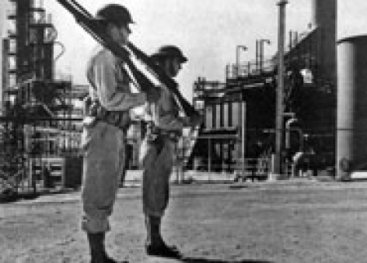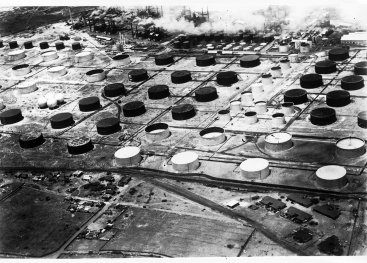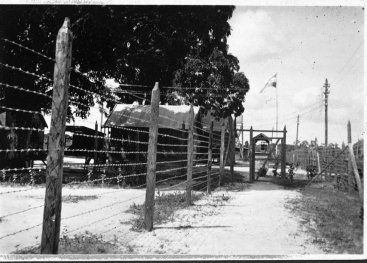
Daily life
Prosperity grows with the flourishing industry and the spending of the thousands of soldiers. Various American products hit the stores. Working for the Americans pays well. Many people move to the cities for jobs. Agriculture on the plantations dwindles as a result.

Shortages
The war also complicates the import of foodstuffs. This results in food shortages, despite the prosperity. But it never leads to hunger. The local executive encourages consumption of local crops. The Americans agree to use primarily domestic produce. Small factories, producing items such as soft drinks, ice cream, rum and cigarettes thrive.
‘American lifestyle’
Young people are attracted to the ‘American lifestyle’. The entertainment industry flourishes. The war was a time of fun for many. But alcohol abuse, prostitution and crime also increase. In October 1943, dozens of gang members and prostitutes are arrested in Paramaribo.


Pitch black
The strict air-raid protection measures against German attacks sometimes create a threatening atmosphere. The night has to be pitch black so the enemy has no reference points. Frequent sirens means everyone has to look for cover. These inevitably turn out to be practice runs.

